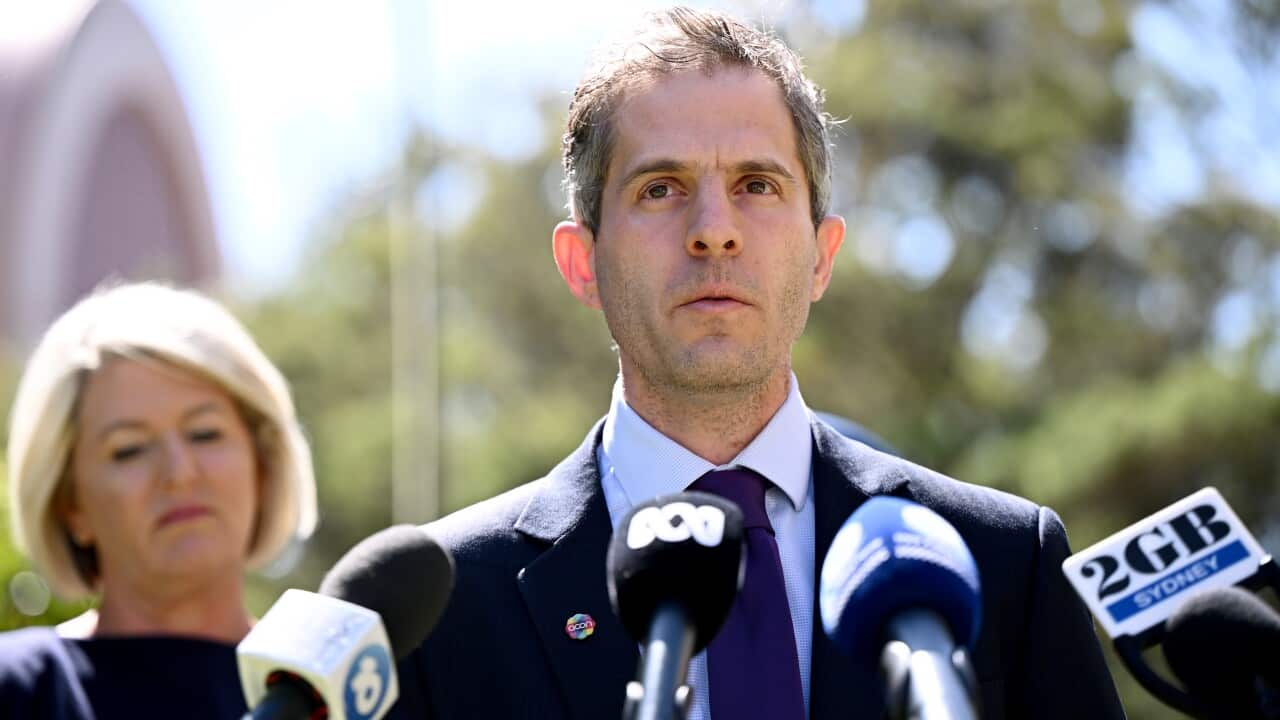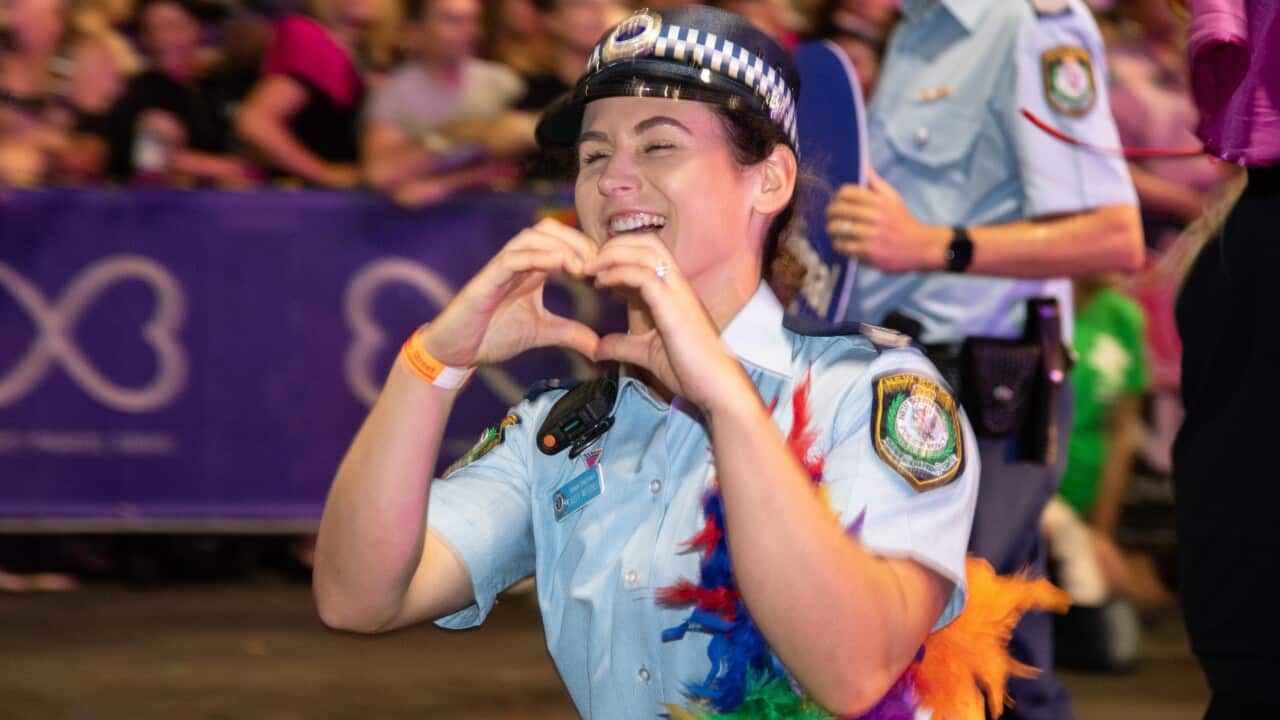Key Points
- The NSW government has accepted all 19 recommendations from an inquiry into gay hate crimes.
- The recommendations include fresh investigations into unsolved murders using new forensic technology.
- LGBTIQ+ organisations have welcomed the government's response to the inquiry.
Two prominent LGBTIQ+ organisations have welcomed the NSW government's announcement that it would support all 19 recommendations laid out in the final report of an inquiry into historical gay hate crimes.
In its official response, the government "apologised unreservedly" to loved ones and victims of suspected gay hate murders between 1970 and 2010.
The inquiry found unsolved murders had been hampered by "shameful homophobia, transphobia and prejudice" in society and within the NSW Police, and determined that of 34 cases re-examined, there was reason to suspect LGBTIQ+ bias was a factor in 25 cases.
When , Justice John Sackar recommended fresh inquests be launched into four deaths.
Responding to the report on Thursday, NSW police commissioner Karen Webb said: "The mistakes of our past will not define our future."
"I want to say sorry for the failings of the New South Wales Police Force for not adequately and fairly investigating crimes, motivated by bias, against members of the LGBTIQ+ community between 1970 and 2010," Webb told reporters in Sydney.
Legislative Council Government Leader Penny Sharpe said that, in the past, the NSW government institutions "set a standard that not only stood by inequality and injustice, but fostered, and at times participated in it".
"We fundamentally failed the victims of these hate crimes and their families, and we can never let that occur again," she said in a statement.
The inquiry recommended a systematic review or audit of all unsolved homicides from 1970 to 2010, and the government says it has already established a working group to determine how to carry this out.
LGBTIQ+ organisations respond to government announcement
Justin Koonin is the president of the NSW LGBTIQ+ health organisation ACON.
He commended the NSW government for its response and said the inquiry "uncovered systemic issues that have allowed such injustices to persist".
"Its findings have highlighted the pressing need for comprehensive reforms to ensure that such tragedies and failings are never repeated," he said.
Koonin said the release of the state government's response and apology "signals a critical juncture in our ongoing journey towards justice, healing, and equality".
"We thank the commission and all the stakeholders who, with much courage and fortitude, have worked together to shine a powerful light into the darkness of this era for many people in our communities," he said.
Equality Australia legal director Emily Gray said: "While nothing can ever undo the suffering of the victims and their families, today's apology represents an acknowledgement of their pain and a strong commitment to prevent such injustices now and in the future."
"We welcome the intention to implement all 19 of the inquiry’s recommendations and urge the state government to turn its goodwill into action by removing all remaining discrimination against the LGBTIQ+ community from NSW law," Gray said.
Fresh gay hate crime investigations
Unsolved murders dating back 40 years will be reviewed with modern forensic technology in the wake of the inquiry into gay hate killings.
The recommendations include seven relating to specific cases, with the other 12 about investigative and record-management practices.
Four deaths — those of Scott Miller, Paul Rath, Richard Slater and Carl Stockton — could be subject to fresh inquests after new evidence was uncovered by the inquiry, with detectives working with the coroner's office to see if they are warranted.
Hearings revealed shoddy record-keeping practices by police through that period saw crucial evidence lost, destroyed or misplaced.
Following that audit, police will re-examine relevant evidence that can be submitted for forensic testing using new technology.
With additional reporting by the Australian Associated Press (AAP).












